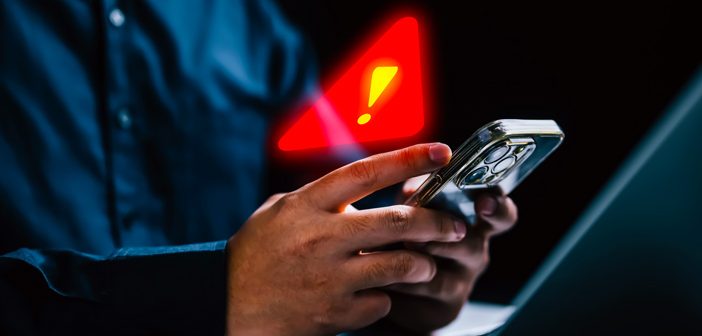Educating our Members about current scams is an important part of our mission to help you lead your best financial life. That’s why we want you to be aware of two dangerous scams that could cost you dearly: the money mule scam and pig butchering.
Don’t Become A Money Mule
The money mule scam is when someone sends you money and asks you to send all or a portion of it to someone else. Scammers often ask you to buy gift cards or wire money. The money they provide to you is likely stolen, and they are trying to launder it.
Here’s how you can avoid becoming a money mule:
- Do not be the middleman: Never let someone funnel money into your account so you can send it to others.
- Avoid jobs that ask you to transfer money: Don’t send money on behalf of your company or use your bank account for work-related tasks. And never use your bank account to transfer money for an employer.
- Never send money to collect a prize: No legitimate contest will ask you to send money for a prize. And if you didn’t enter, how could you win?
- Don’t send or accept money from an online love interest: Don’t send money to someone you’ve never met. It’s a bad sign when a romantic interest starts asking you for money or to send money for them.
- Don’t deposit a scammer’s check: If you receive a check from an unknown person or business, do not deposit it. If it turns out to be fake, you will be responsible for returning any lost funds to the bank.
Read more about the money mule scam and what to do if you suspect you may be involved in one.
Beware Of Pig Butchering Scam
This scam has nothing to do with barbecue. Its name relates to fattening up a pig (a person they are scamming) before taking it to slaughter (stealing a large amount of your money). In this friendship or romance scam. A person will contact you via social media and strike up an online relationship. The first contact may be a simple text or email, “Hello.” Or they may text you and pretend they’ve reached the wrong mobile number. They’ll then initiate chats to gather information about you and your life they can use to manipulate you later. On the surface, the person who contacts you looks and sounds legitimate. They’ll often create fake social media accounts loaded with photos and an interesting bio. Who wouldn’t want to get to know this person?
But beware. At some point, after spending months or years establishing trust, the scammer will ask you for money to invest in a cryptocurrency platform (which is fake) or open a shared online brokerage account (giving them access to your funds), promising amazing financial returns. Typically, the first investment they ask for will be small and will show a good return to build your trust and confidence. They will then push you to invest larger and larger amounts. They might assure you that you can get your money back if you’re uncomfortable or not earning the promised returns. And they may return some if asked to do so. Once again, they do this to build trust and prove they are “legitimate.” Typically, however, if you’ve invested in their online crypto or investment platform and try to get your money, you will get an error message, and the scammer and platform will disappear along with your money. And your texts, calls, and emails to your “friend” will not go through.
Pig butchering is considered a long-term con by the FBI’s Financial Crimes Section, as the scammers may spend significant time gaining their victim’s trust to obtain a big payday. According to the FBI, in 2023, about 40,000 people in the U.S. lost more than $3.5 billion to this scam.*
Final Thoughts
So, how can you avoid falling victim to a money mule or pig butchering scam? Start with the simple. If it doesn’t feel right or sounds too good to be true, it usually is. If you think you’re being scammed, notify your credit union, bank, and other financial institutions as soon as possible. The longer you delay, the longer your accounts and funds are vulnerable. File a report with the police and the FBI’s Internet Crime Complaint Center. Here are a few more actions you can take if you suspect you’re being scammed:
- Never respond to texts, calls, or emails from numbers or people you don’t know
- Block suspicious text numbers
- Harden your passwords. Yes, there are still people who use 1234 as a password.
- Monitor your online and financial accounts, including your credit card statements, for any unfamiliar charges
- If you receive a call or text from any financial institution or credit card company, hang up, do not respond to the text, and call them back using the phone number on your account statement or credit card. Scammers spoof (imitate) your bank’s phone number to fool you into sharing your personal information or sending them funds
- Educate yourself on current scams
Remember, we will never call, email, or text you to ask for your account information, secure access code, card information, or username and password.
*Dilanian, Ken, (5 February 2024), “With ‘pig butchering’ scams on the rise, FBI moves to stop the bleeding.” news.yahoo.com.





